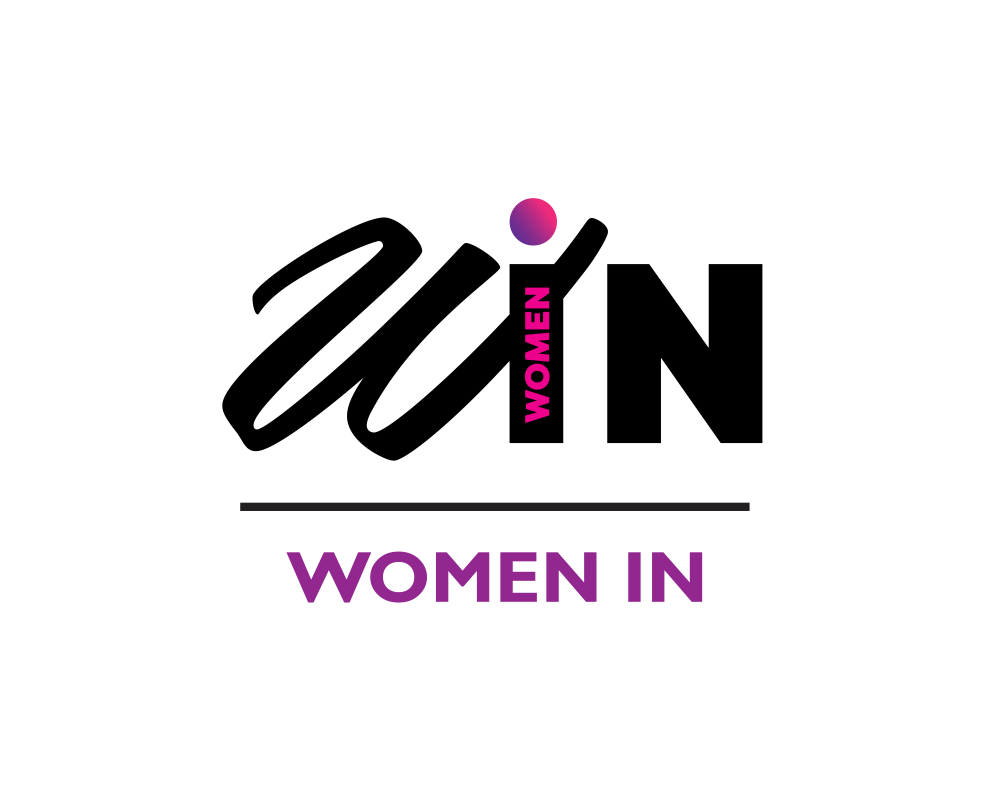Somehow, along the way, society adopted a troubling stereotype: that when women become mothers, they become less valuable in the workplace and are, in turn, more of a liability than an asset. However, research tells a different story.
Instead of hindering professional performance, motherhood often enhances it. In fact, a foreign study by the Federal Reserve Bank of St. Louis found that working mothers often bring unique strengths and perspectives that companies would do well to celebrate, not sideline.
South African women have participated in the formal workforce for over a century, and only within the last three decades have they received meaningful legal protection from workplace discrimination related to childbearing. Thanks to the country’s progressive constitution, the Labour Relations Act of 1995, and the Basic Conditions of Employment Act of 1997, women are now safeguarded from being dismissed or treated unfairly because they choose to have children. These laws have significantly shifted how employers treat and think about working mothers.
In recent years, we’ve even seen the rise of “pumping rooms” in office spaces: designated private areas where breastfeeding employees can express milk comfortably. These small but powerful changes reflect a growing understanding that supporting mothers at work isn’t just the right thing to do, it’s a smart investment.
Yet, despite all this progress, the gender gap in South Africa remains stubborn and so do the stereotypes. The idea that working mothers can’t be fully committed to their jobs continues to shape hiring, promotion, and workplace culture in subtle and not-so-subtle ways.







